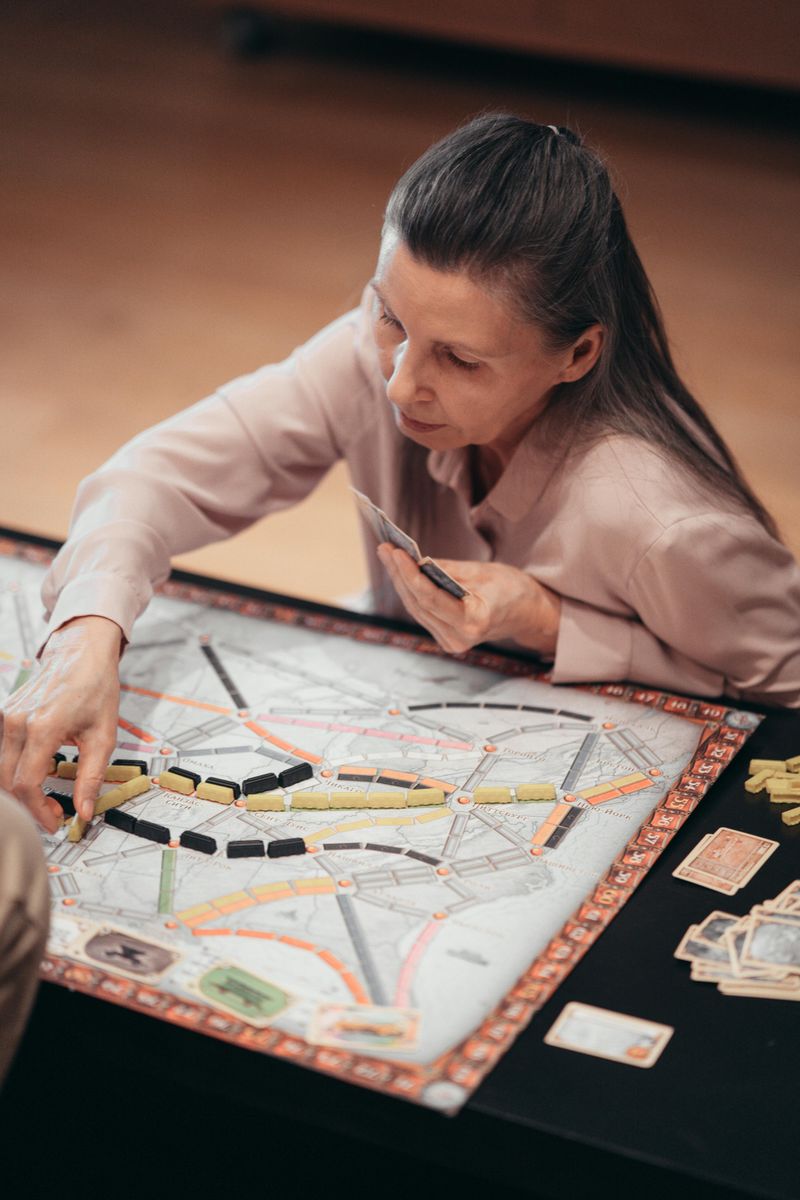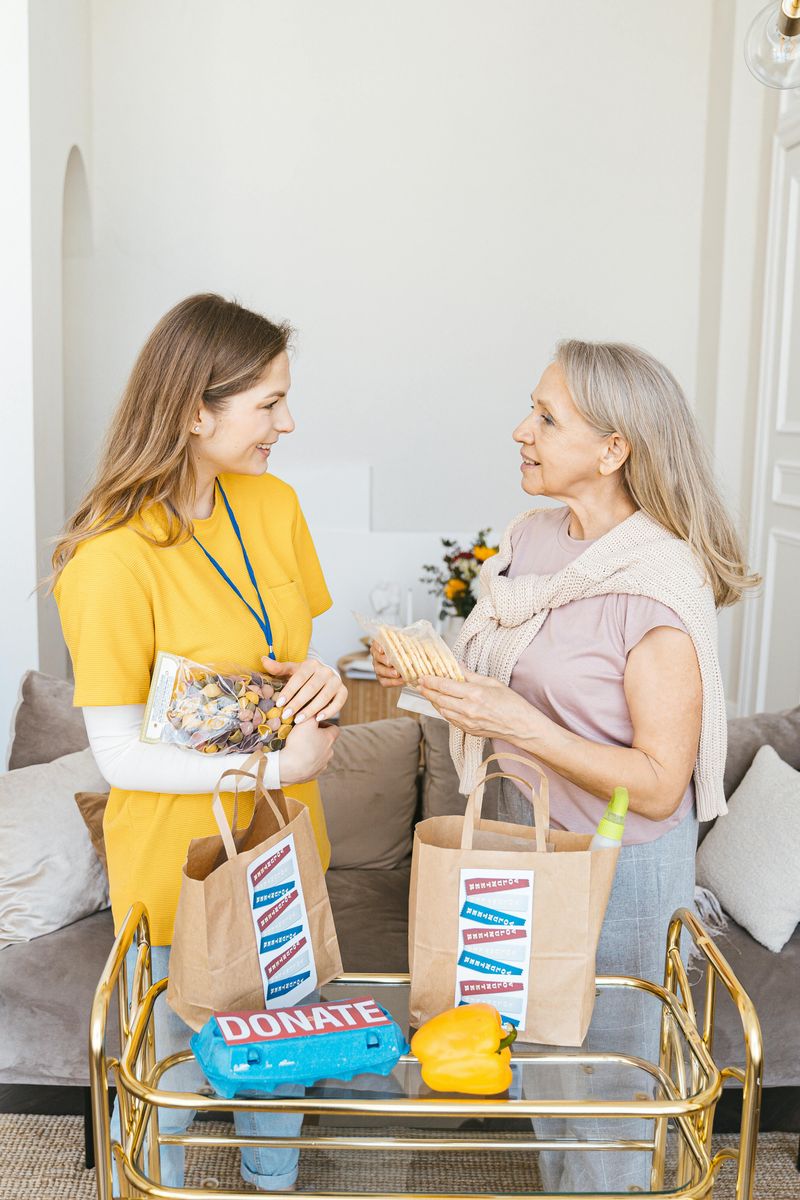10 Affordable Hobbies to Keep Your Mind Sharp After 70

Growing older doesn’t mean your mind has to slow down. In fact, staying mentally active is one of the best ways to maintain cognitive health as you age. Finding enjoyable hobbies that challenge your brain doesn’t have to break the bank either. These affordable activities can help keep your mind sharp, boost your mood, and even connect you with others in your community.
1. Reading

Books transport us to new worlds while giving our brains a serious workout. When you read regularly, you’re exercising memory, concentration, and vocabulary all at once. Local libraries offer endless shelves of free adventures waiting to be discovered.
Many now provide digital borrowing options too, letting you download e-books right from home. For those with vision changes, large-print books and audiobooks make reading accessible to everyone. Start a simple reading journal to jot down thoughts about each book.
This adds another layer of mental engagement as you process and reflect on what you’ve read. Even 15 minutes daily builds lasting cognitive benefits while providing a peaceful escape.
2. Puzzles & Brain Games

Remember the satisfaction of finding that perfect puzzle piece? Brain games like crosswords, Sudoku, and jigsaw puzzles offer that same rewarding feeling while strengthening neural connections. The beauty lies in their simplicity and accessibility.
Newspaper puzzles cost pennies per day, while dollar stores often carry affordable puzzle books that last for weeks. Many seniors discover free brain-training apps on tablets or smartphones they already own. Community centers frequently provide puzzle exchanges where you can swap completed puzzles for new challenges.
Try rotating between different types of puzzles to exercise various cognitive skills. Word puzzles enhance language processing, while number games boost logical thinking. Just 20 minutes of puzzling daily helps maintain mental sharpness and provides a sense of accomplishment.
3. Walking or Light Hiking

Lace up those comfortable shoes and step outside! Walking combines physical activity with mental stimulation in a way few other hobbies can match. The changing scenery engages your senses while improving blood flow to your brain.
Nature walks particularly boost cognitive function. Researchers have found that navigating natural environments requires different mental mapping skills than walking city blocks. Join a senior walking group for added social benefits, or create your own neighborhood route that changes slightly each day to keep your mind engaged.
Walking costs nothing but delivers tremendous returns. Keep a small notebook to jot down interesting sights or track your daily steps. This simple habit forms connections between physical movement and mental engagement that strengthen both body and mind.
4. Gardening

Soil beneath your fingers, seeds transforming into blooms – gardening connects you to life’s natural rhythms while exercising your brain in surprising ways. Planning garden layouts strengthens spatial reasoning, while plant identification boosts memory.
Container gardening brings these benefits to any living situation, even apartments with small balconies or sunny windowsills. Start with easy-growing herbs like basil or mint that provide both beauty and flavor for cooking. Dollar stores often carry basic gardening tools and containers, while seeds remain one of the most affordable hobbies around.
The gentle physical activity involved improves circulation while reducing stress hormones. Many gardeners describe entering a meditative state while tending plants – a mindfulness practice that research shows supports cognitive health. The seasonal changes keep your brain engaged with new challenges year-round.
5. Writing or Journaling

A blank page holds infinite possibilities. Writing engages multiple brain regions simultaneously, making it an excellent workout for aging minds. Unlike passive activities, writing requires active thinking, organization, and creativity.
Start with simple daily journaling about observations or memories. This practice strengthens recall while providing emotional processing benefits. Many seniors find writing letters to grandchildren or friends brings joy to both writer and recipient. Others discover creative writing later in life, crafting stories they’ve carried for decades.
All you need is a notebook and pen – though many enjoy the ritual of choosing a special journal. Free writing workshops often meet at libraries or senior centers. Online communities provide supportive audiences for those wishing to share their words. The cognitive benefits begin with the first sentence you write.
6. Learning a New Language

“Bonjour!” “¡Hola!” “Ciao!” Learning to greet people in new languages might be your first step toward better brain health. Studies show bilingual seniors experience cognitive decline at slower rates than those who speak only one language.
Free language apps make learning accessible to anyone with a smartphone or tablet. Your local library likely offers language learning resources or conversation groups. Many seniors choose to learn languages connected to their heritage or dream travel destinations, adding personal meaning to the process. Start with just 15 minutes daily of practice.
Focus on practical phrases rather than perfect grammar. Finding a learning partner creates accountability and makes the process more enjoyable. The mental gymnastics of switching between languages strengthens cognitive flexibility – your brain’s ability to adapt to new information and challenges.
7. Playing Cards or Board Games

The shuffle of cards, the strategic placement of game pieces – these familiar sounds signal brain-boosting fun is about to begin. Card games like bridge or rummy require memory, strategy, and social interaction, creating the perfect cognitive cocktail.
Classic board games gather dust in many closets, waiting to be rediscovered. Chess teaches forward thinking while checkers builds pattern recognition. Modern board games offer fresh challenges, though traditional options remain equally beneficial. Community centers and libraries often host game afternoons where you can learn new games without purchasing anything. The social aspect of gaming provides additional mental benefits.
Conversation, friendly competition, and laughter all contribute to brain health. Even playing solitaire exercises working memory and problem-solving skills. Find a regular game night with friends or family to establish a routine that supports cognitive maintenance.
8. Arts & Crafts

Creativity doesn’t diminish with age – in fact, many artists do their best work in later years! Crafting engages both sides of your brain while improving hand-eye coordination and fine motor skills. The focus required creates a flow state similar to meditation.
Watercolor painting requires minimal supplies yet provides endless exploration. Knitting or crochet transforms simple yarn into useful items while keeping fingers nimble. Drawing with pencils needs nothing more than paper and observation skills. Thrift stores often offer craft supplies at minimal cost. Many seniors discover hidden talents they never had time to explore during working years.
Community centers frequently offer free or low-cost introductory classes. The satisfaction of creating something tangible boosts confidence and provides a sense of accomplishment. Don’t worry about perfection – the cognitive benefits come from the process itself.
9. Volunteering

Helping others helps your brain! Volunteering creates new neural pathways through novel experiences while providing meaningful social connections. The variety of challenges encountered keeps your thinking flexible and adaptive. Libraries need reading buddies, food pantries need sorting help, and animal shelters need gentle hands to socialize pets.
Most organizations welcome even limited time commitments. Many volunteer opportunities can accommodate physical limitations while still providing mental stimulation. The structure of regular volunteering helps maintain routine – something particularly beneficial for cognitive health. Beyond the brain benefits, volunteering fights isolation and depression common in older adults.
The sense of purpose strengthens overall wellbeing. Many seniors report that volunteering helps them feel connected to their communities while sharing wisdom accumulated over decades. This reciprocal relationship benefits everyone involved.
10. Music Appreciation or Playing an Instrument

Music lights up the brain like few other activities! Scientists using brain imaging have watched entire neural networks activate when people listen to favorite songs. Even more impressive cognitive benefits come from learning to play an instrument.
Start by exploring new genres through free streaming services or library CDs. Many seniors rediscover the joy of singing in community choirs that welcome all skill levels. Learning even simple melodies on affordable instruments like the recorder, harmonica, or ukulele provides remarkable brain benefits. YouTube offers countless free tutorials for beginning musicians.
Some senior centers provide group lessons at minimal cost. The coordination required to play music strengthens connections between brain hemispheres. Plus, music carries powerful emotional benefits, reducing stress and anxiety while improving mood. Even simply listening mindfully to different elements within songs strengthens auditory processing.

Comments
Loading…